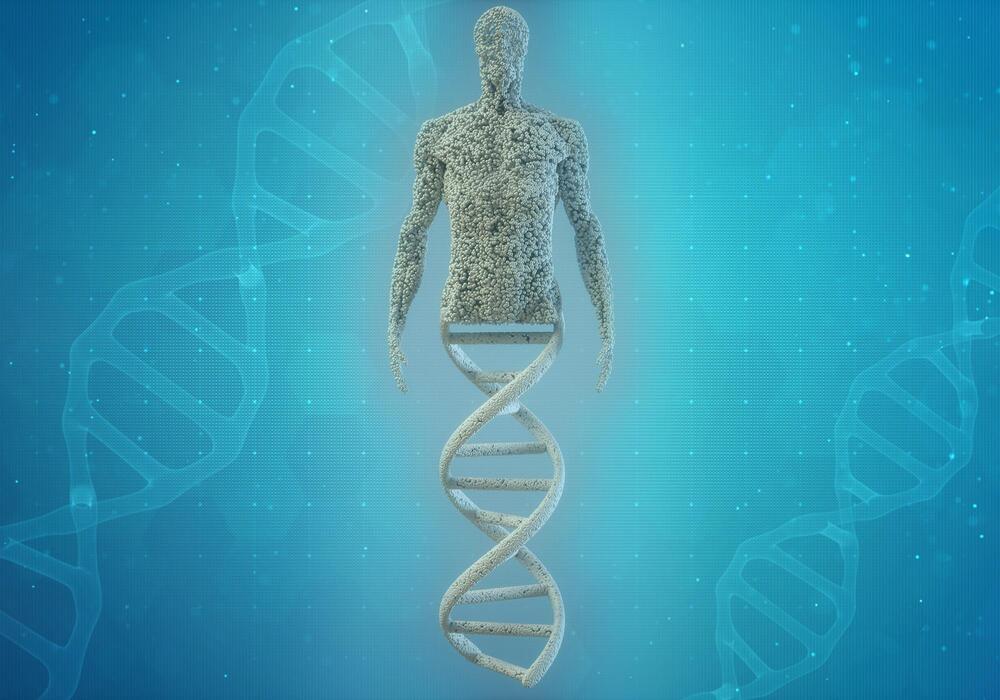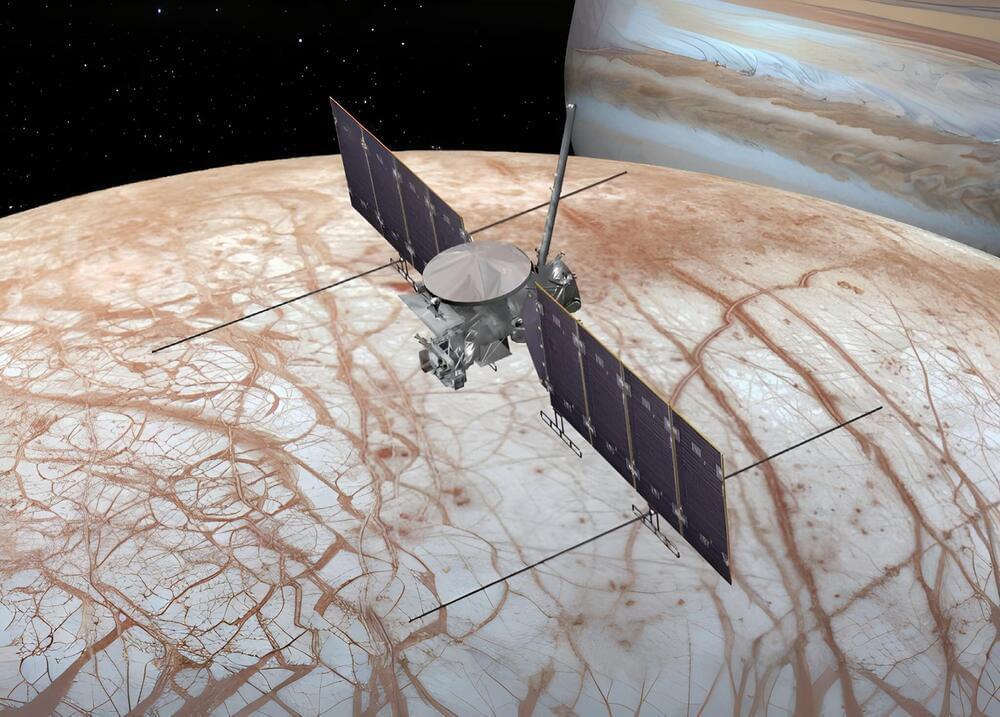Read more in the comments and submit 📧at the link⬇️
#brainstimulation #brainfunction #deepbrainstimulation #memory #magneticstimulation #centralnervoussystem #agerelatedmemorydecline
Advances in Neurostimulation in Aging: From Basic Science to Clinical Applications
Guest Editors Dr. Orestis Stylianou and Dr. Gianluca Susi and Associate Editors Dr. Peter Mukli and Dr. Frigyes Samuel Racz and the editorial team of GeroScience (Official Journal of the American Aging Association, published by Springer) invite submission of original research articles and review articles related to basic and clinical research focused on neurostimulation in aging.
Over the past two decades, studies have shown the potential benefits of invasive and non-invasive brain stimulation techniques in addressing age-related alterations in brain function. While invasive techniques were previously dominant in small-scale clinical investigations, recent advances have significantly reduced the invasiveness of these techniques, making them safer and more accessible for research and medical applications. Transcranial current and magnetic stimulation (tCS and tMS) as well as deep brain stimulation (DBS) have shown promising results in improving various types of memory in the elderly population, including but not limited to working, episodic, associative, semantic, and procedural memory. These interventions have the potential to play a vital role in enhancing healthy brain aging and treating age-related pathological conditions affecting the central nervous system.








